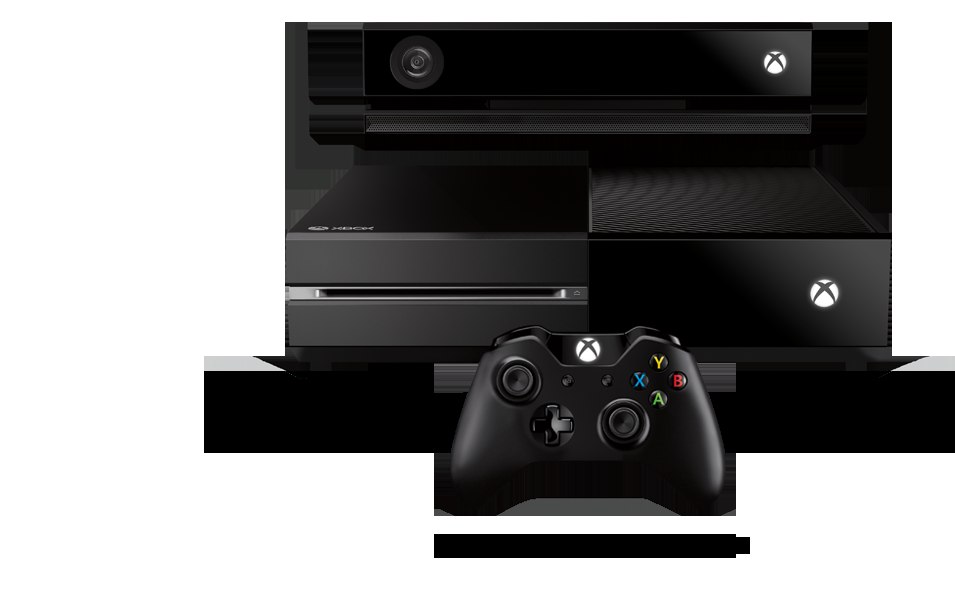Xbox One's Offline Pass Is an Ill-Conceived Tax
Tom Mc Shea warns that Microsoft might be killing itself rather than the used-games market.
Microsoft spent an hour explaining why the Xbox One should be the centerpiece of your living room entertainment experience. However, in just one sentence, it may have destroyed its upcoming console's appeal as a gaming platform. Used games, an aspect of this industry that has thrived for decades, may come with an extra cost in the future. Apparently, you may no longer buy a dust-coated game or lend your favorite offering to a friend without throwing money Microsoft's way. The Xbox One is attempting to squash the pre-owned market, and if such a detrimental tax is implemented, it will have disastrous results for the sustained health of Microsoft's third console.
In a statement to Wired, Microsoft stated that "on the new Xbox, all game discs are installed to the HDD to play." Once the game is tied to an account, if another person wants to play it on their system, they will have to pay an undisclosed fee. Microsoft did say it will reveal its used-games plan in the future, but examining the facts as we now know them, this policy seems inspired by the online passes that some current generation games require for connected play. Microsoft is essentially implementing an offline pass. And how could its unannounced plan alleviate this excessive burden? Maybe Microsoft will let you play off the disc for a limited time before you're forced to shell out money, or maybe every game will be required to have a demo. Either way, the used-game, rental, and lending markets will dry up.
The Xbox One is an entertainment curiosity rather than the next video game revolution.
This draconian policy has been slowly building for the last decade. As digital games have become more prevalent, so too have the measures to limit their post-retail distribution. Xbox Live Arcade and PlayStation Network games are tied to the accounts that purchased them, and Steam users have dealt with a similar barrier for years. And the mobile market, which has been heralded as the future by so many, is in the same situation. The idea of a game being playable only by the person who first spent money on it has existed long enough that such a move on Microsoft's part should be expected. However, this is the first time any company has tried to destroy the resell market for disc-based games, and it's that distinction that's so important.
People have long embraced the used market in all forms of media. Whether we're letting a friend read our copy of The Catcher in the Rye, browsing the used-CD rack for vintage Pearl Jam, or picking up a cheap copy of Jurassic Park III to see raptors talk, we've become accustomed to borrowing or cheaply buying once-loved entertainment. And this has been a core aspect of gaming for longer than most gamers have been alive. We like the idea that once we buy a physical product, we own it. So it's baffling that Microsoft would ignore years of consumer tenancies with this extortionist tax. As long as games are on a disc, people will expect to be able to lend them to friends without having to pay Microsoft for this privilege.
Video games can be expensive, much more so than other media, so shelling out $60 for a dozen hours of entertainment is a tough pill to swallow. We've found ways of enjoying our favorite pastime without going broke. Borrowing some games while purchasing others has been a practice of many people for years, and there's no reason such a philosophy couldn't serve both consumers and publishers going forward. Microsoft is burning bridges if it decides to enact an offline pass. It will create an infrastructure that is even more punishing for new intellectual properties. People will be less likely to try an untested franchise if they have to pay full price for it, so Microsoft is just pushing the industry further into the innovation-be-damned mentality that has been a plague the last few years.
Ultimately, consumers determine the success or failure of any company.The importance of catering to people with money to spend cannot be overstated, and Microsoft is hurting that relationship, possibly irreparably so. There is no way to spin this extra fee so that it's more palatable for the buying public. This is unabashed greed, pure and simple, and the defining aspect of the Xbox One. Microsoft wants to be everything to everyone, your one-stop shop for television, music, movies, Internet access, and video games. However, such integration isn't worth emptying your wallet for. It's not worth giving up your rights as a consumer. A disc or cartridge is ours to do with what we choose, and until Microsoft acknowledges this fact, the Xbox One is an entertainment curiosity rather than the next video game revolution.
'Got a news tip or want to contact us directly? Email news@gamespot.com


Join the conversation